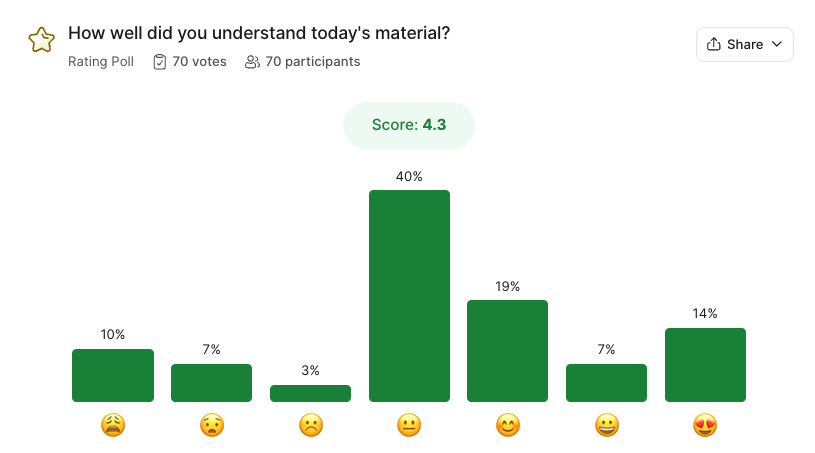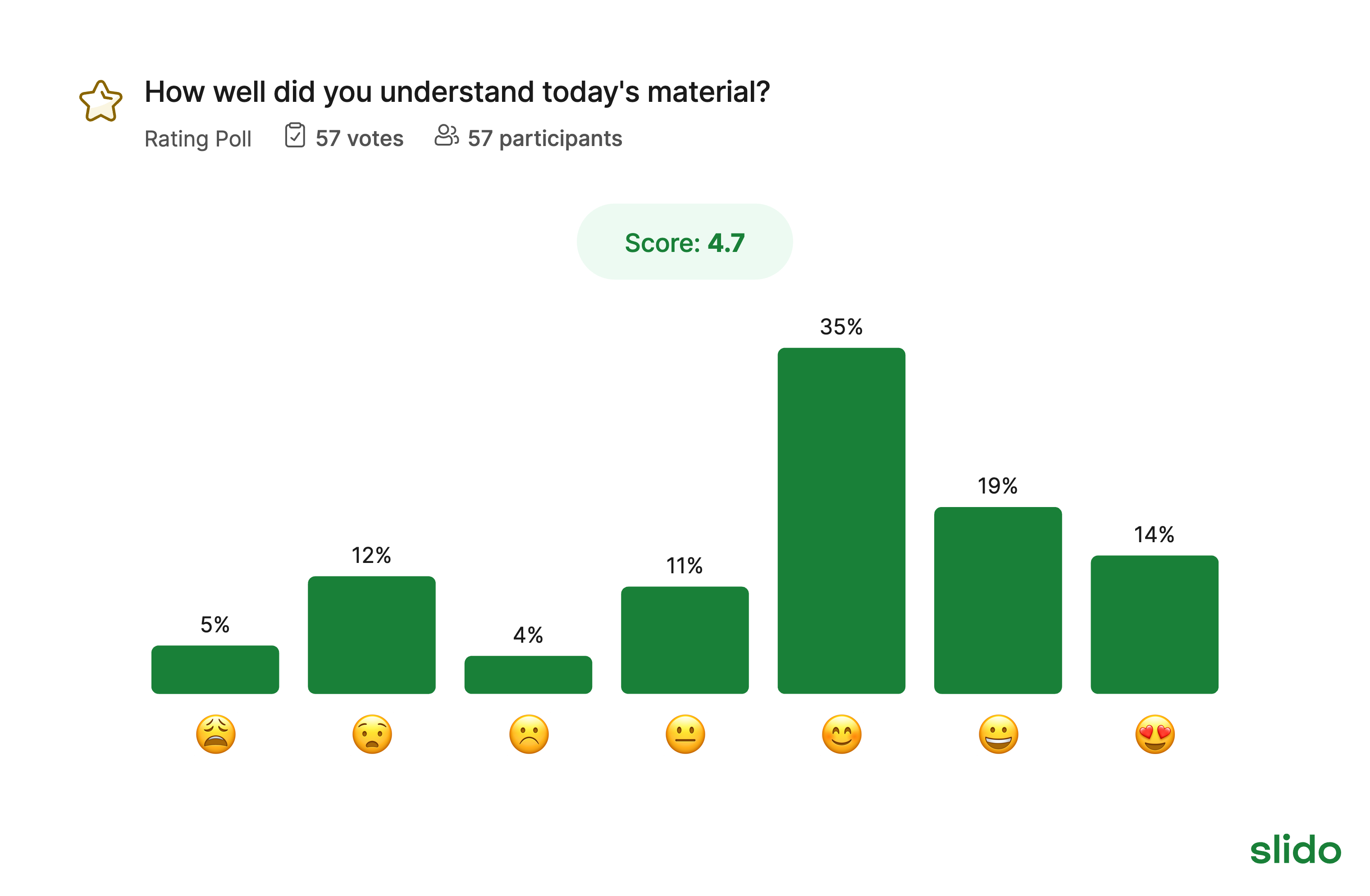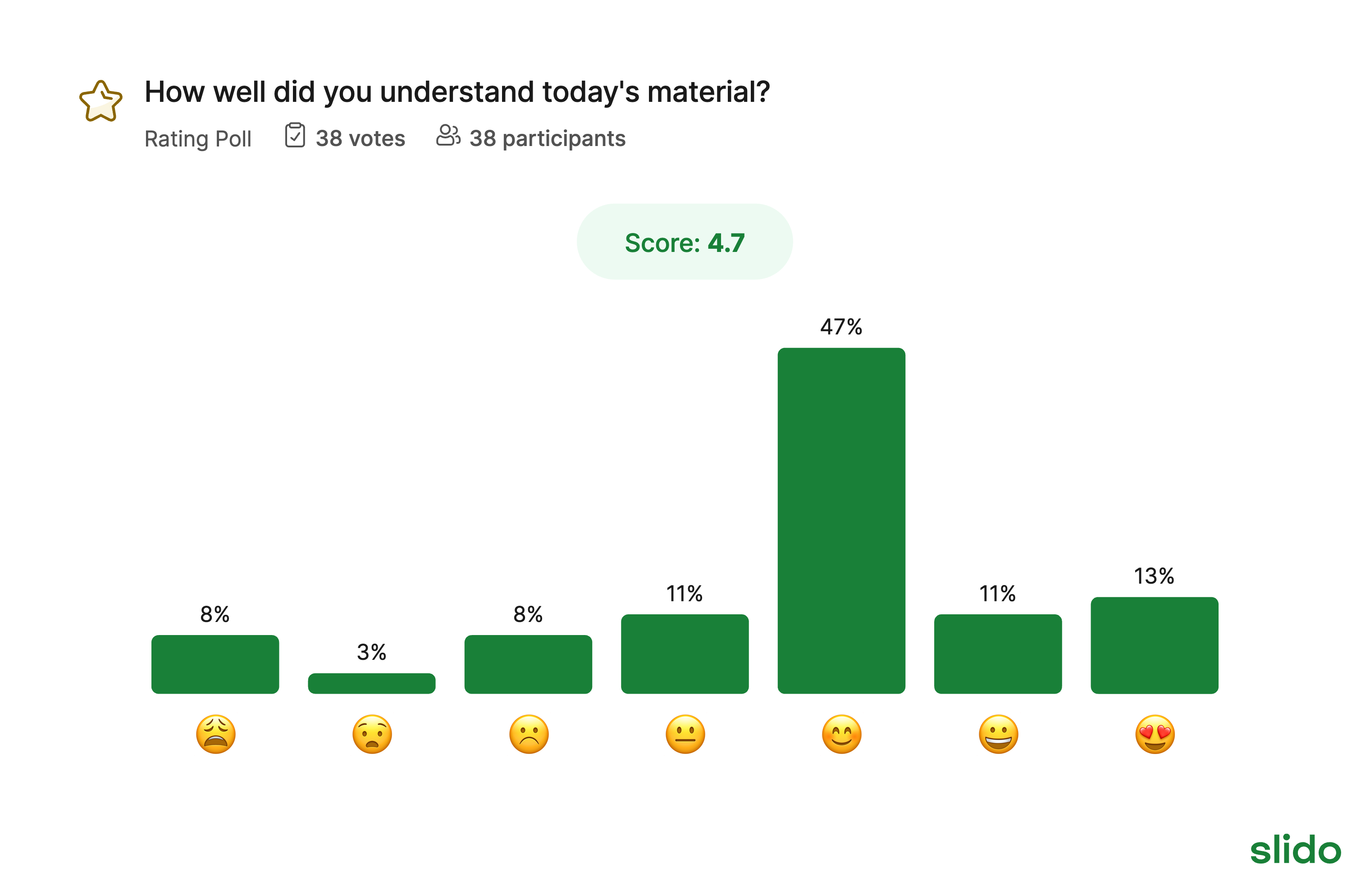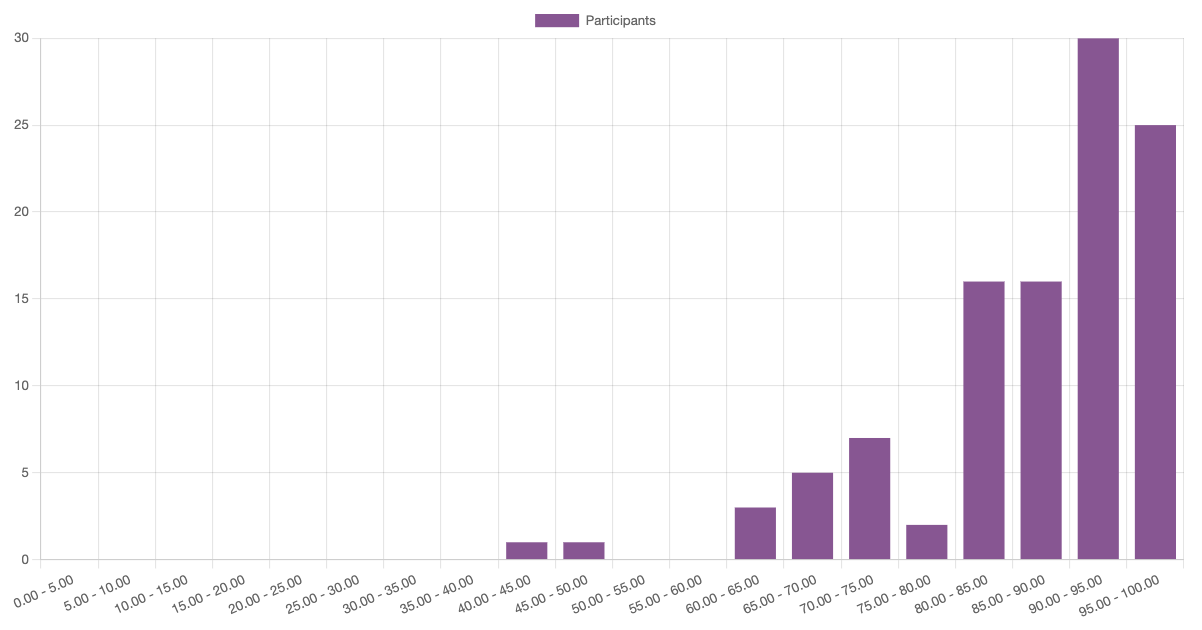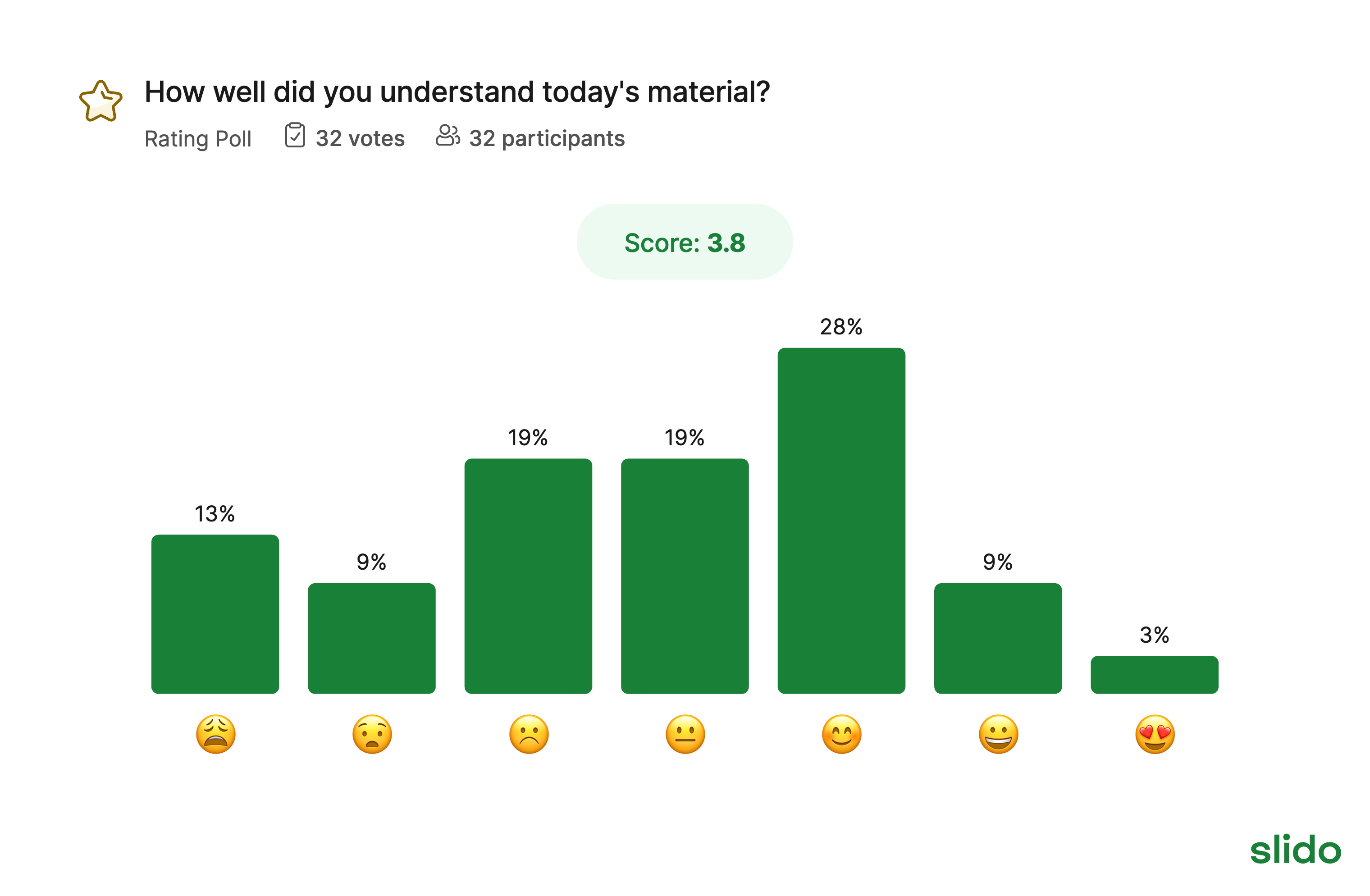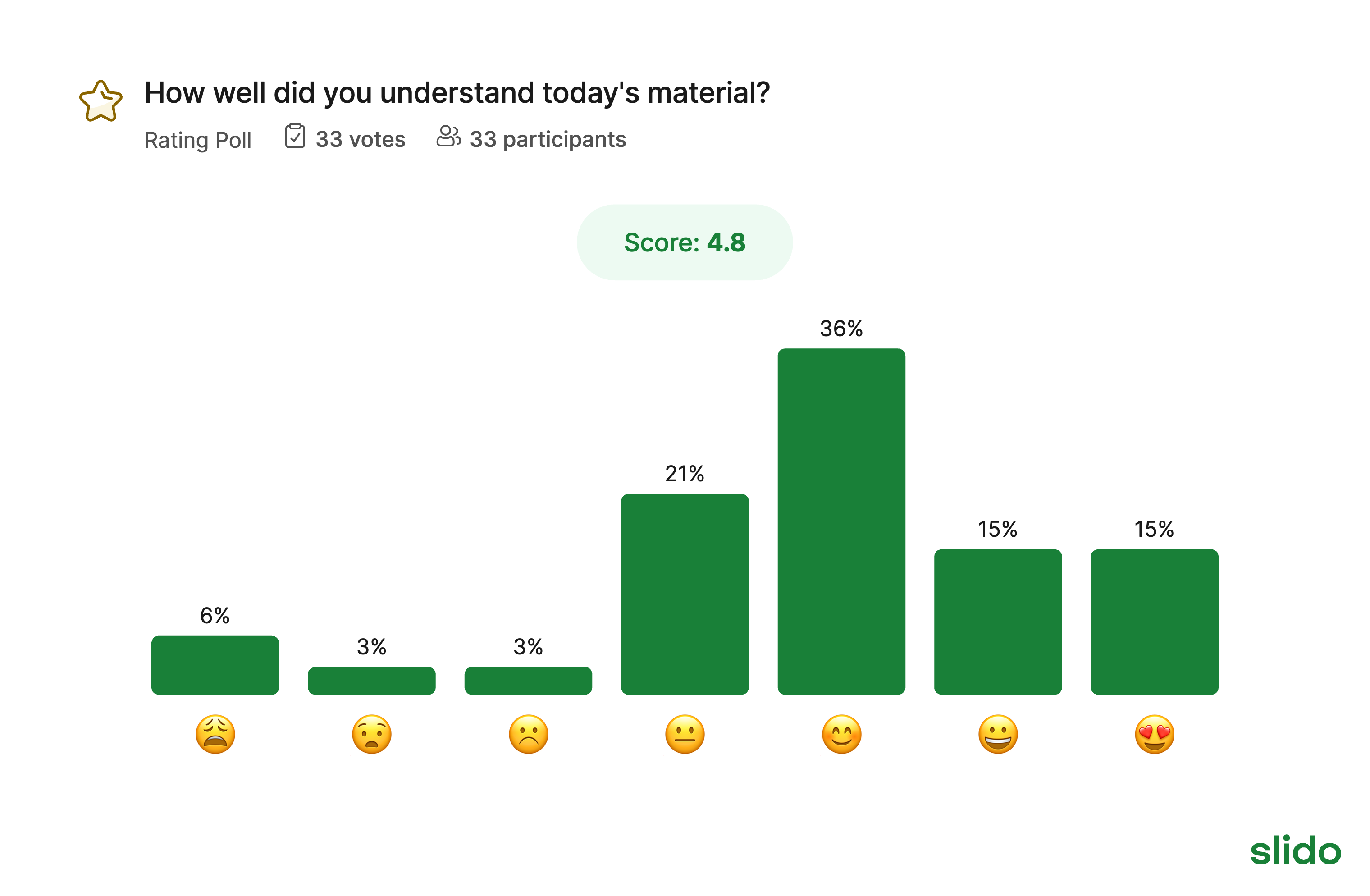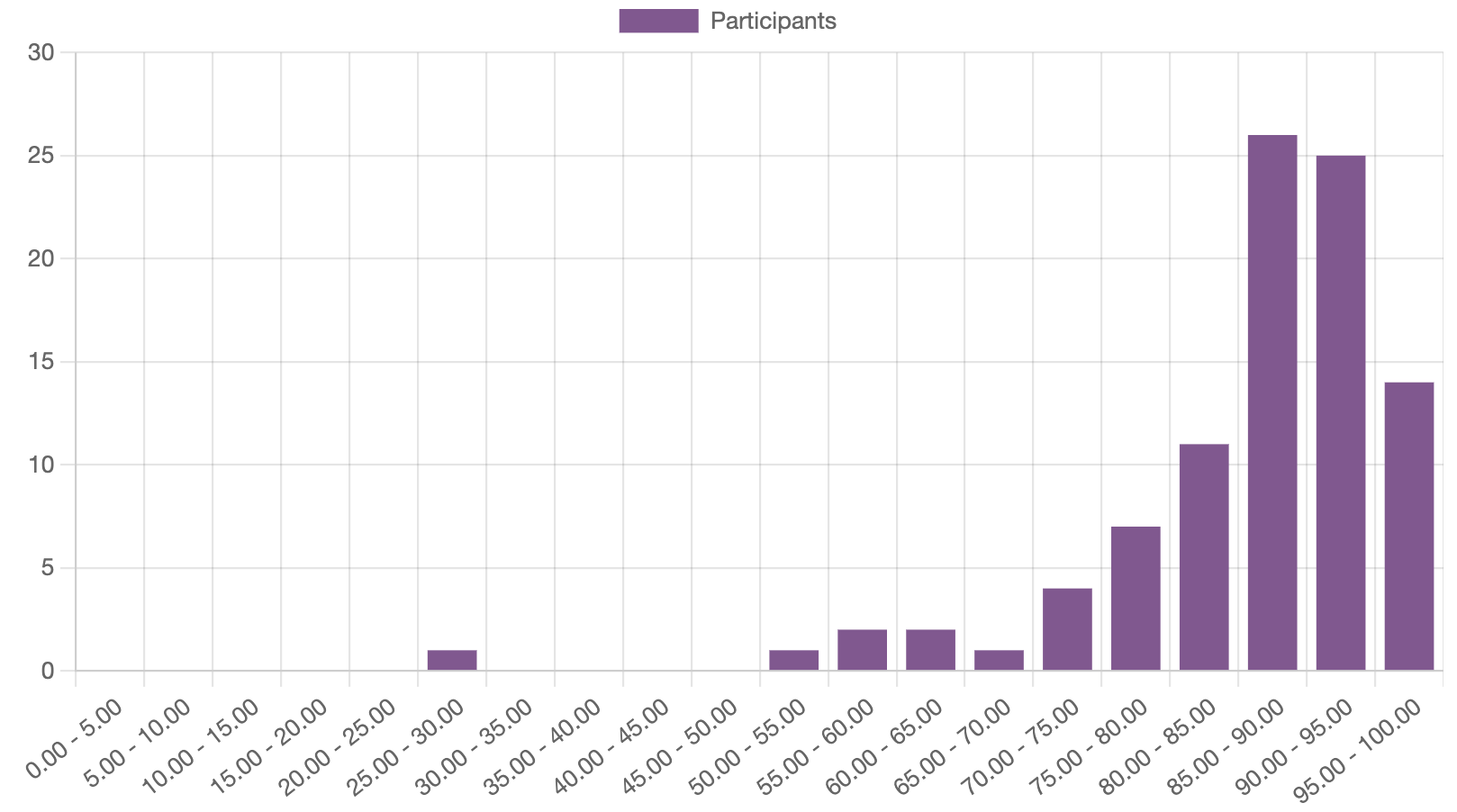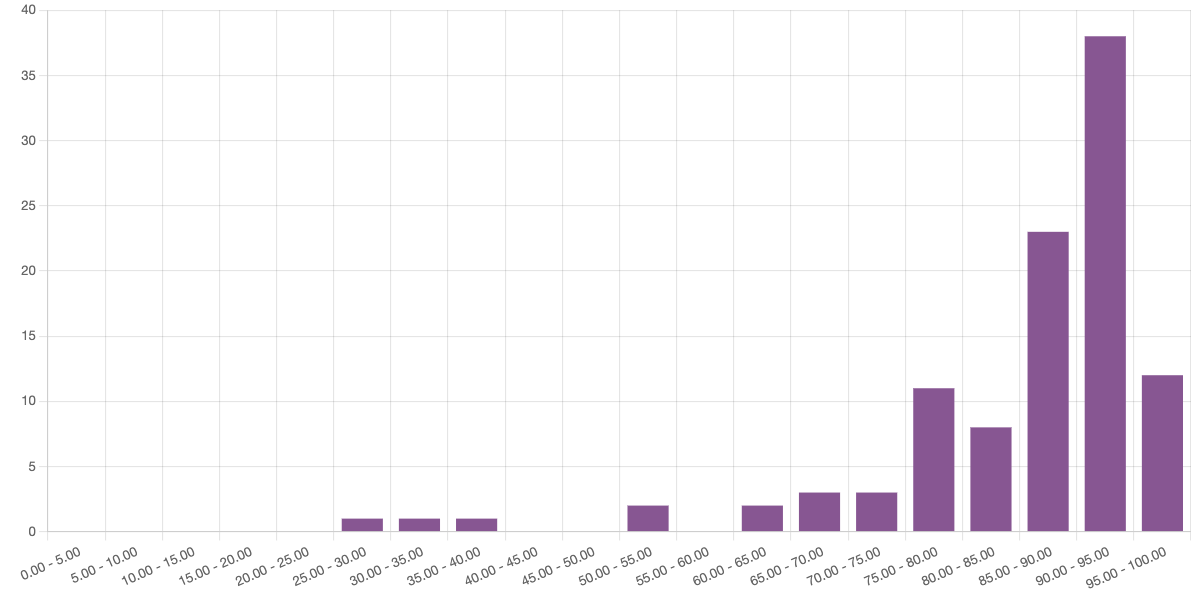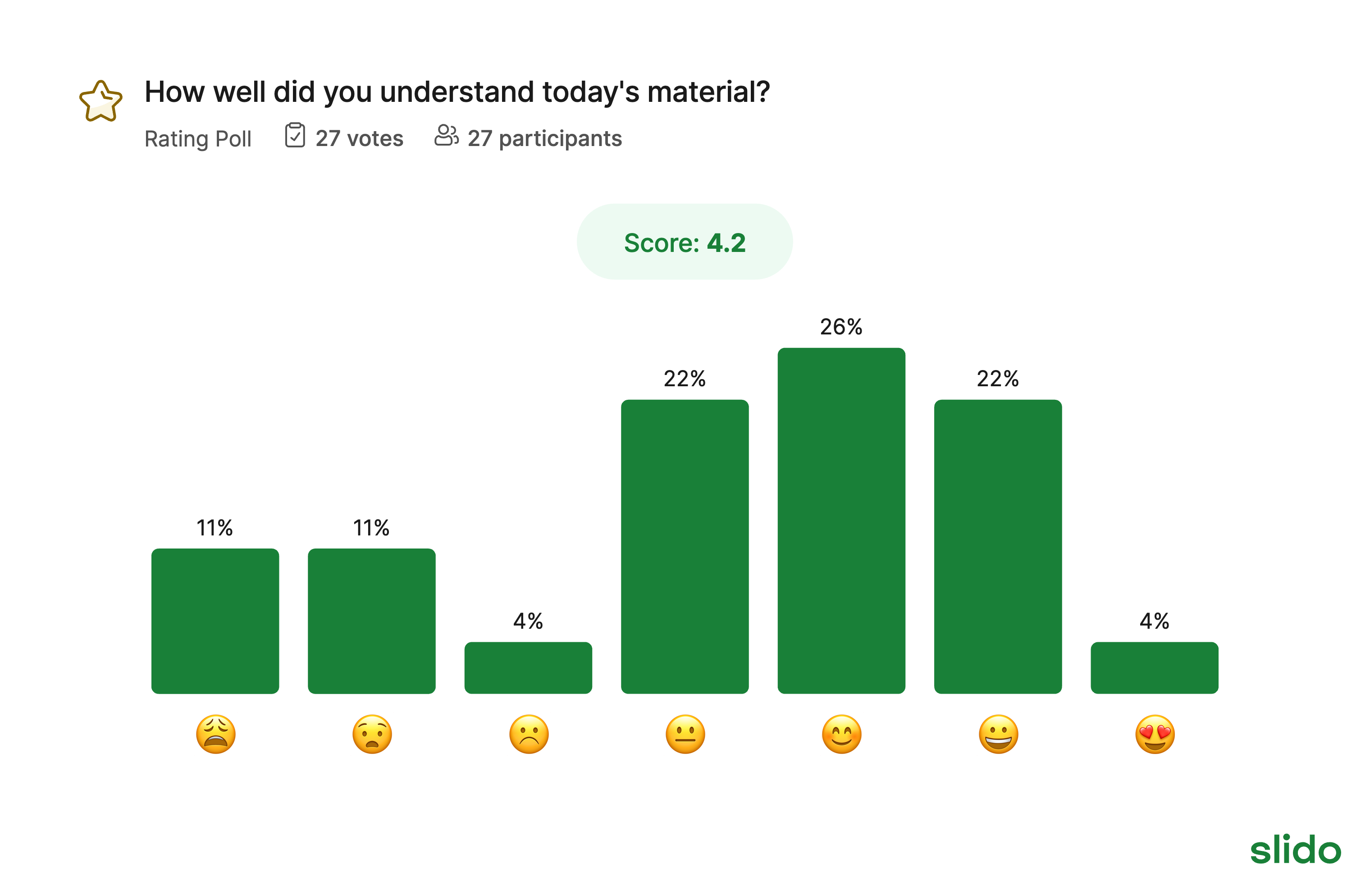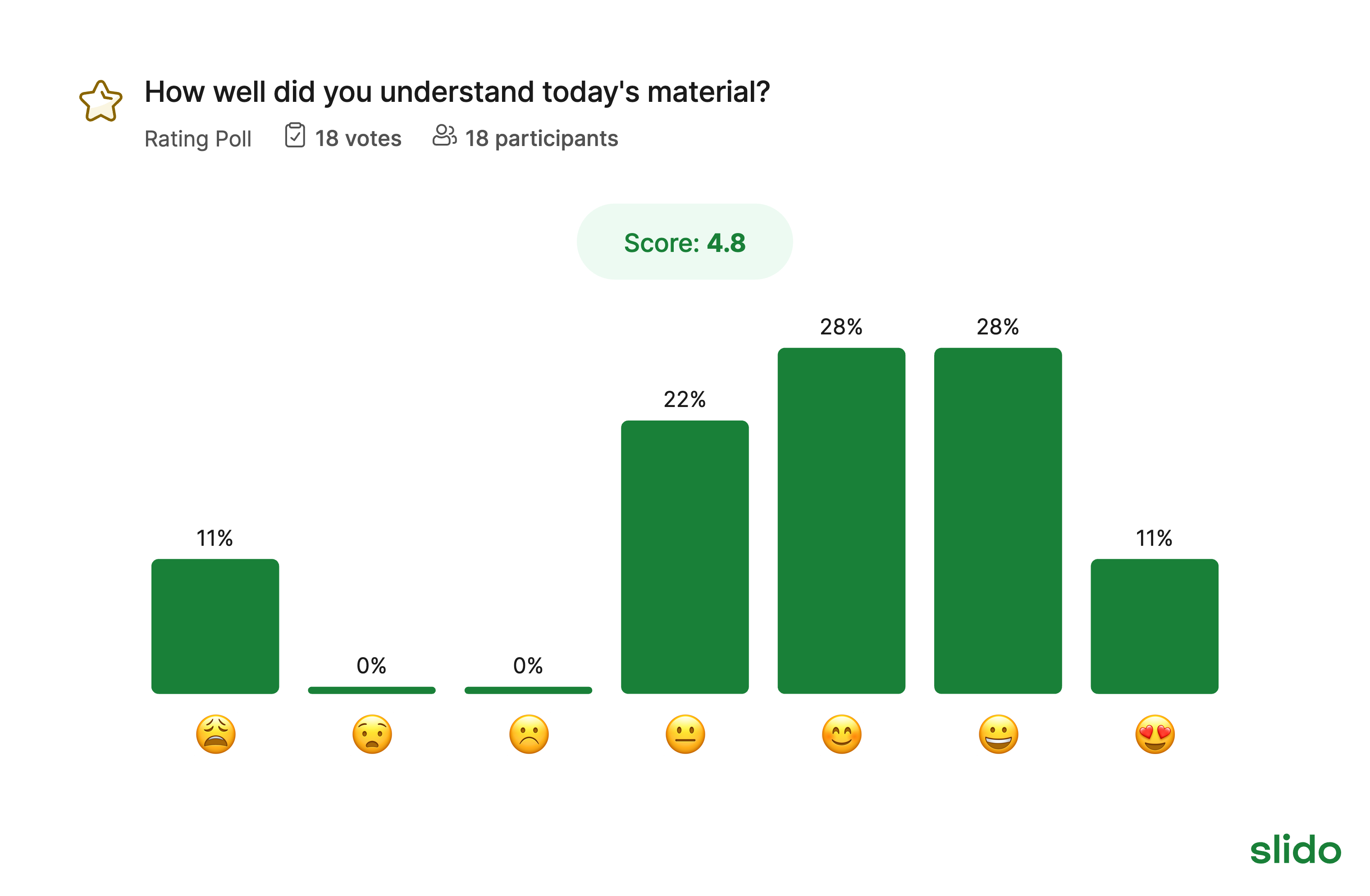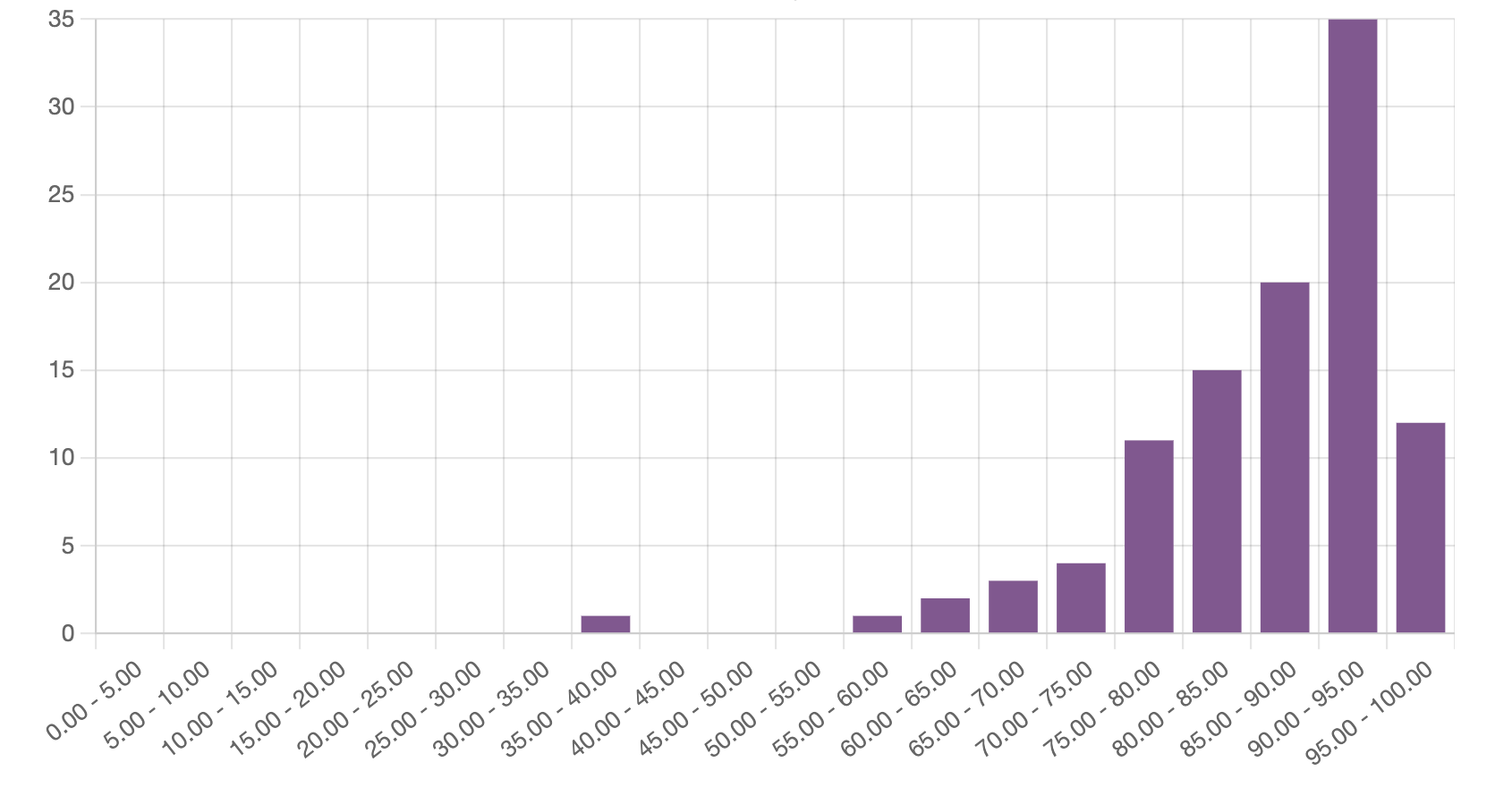EMET7001#
Course title: Mathematical Techniques for Economic Analysis
Compulsory first math course in all Master of Economics programs
2025 Semetser 1#
Lectures and assessments#
Week |
Date |
Topic |
Notes |
|---|---|---|---|
1 |
Feb 21 |
📖 Course introduction |
|
2 |
Tutorials start |
||
2 |
Feb 28 |
||
3 |
|||
3 |
March 7 |
📖 Mappings and functions |
|
4 |
|||
March 13 |
Online test 1 10% |
30min, open book |
|
4 |
March 14 |
Time/location change! |
|
5 |
|||
5 |
March 21 |
||
6 |
|||
6 |
March 28 |
📖 Applications of derivatives |
|
April 3 |
Online test 2 10% |
30min, open book |
|
Teaching break |
2 weeks |
||
7 |
|||
7 |
Recorded |
April 18 = public holiday |
|
8 |
|||
8 |
Recorded |
April 25 = public holiday |
|
9 |
|||
May 1 |
Online test 3 10% |
30min, open book |
|
9 |
May 2 |
||
10 |
|||
10 |
May 9 |
||
11 |
|||
May 15 |
Online test 4 10% |
30min, open book |
|
11 |
May 16 |
||
12 |
|||
12 |
May 23 |
🛟 Revision |
|
May 30 |
Final exam 60% |
3h, invigilated |
Final Exam
Final exam has been scheduled on Friday, 30 May 2025 at 2:00pm in Fulton Muir bldg 95, room 2.02
Course web pages#
Official course description
Announcements
Recordings
Assessments
Grades
sufficient lecture notes
downloadable as markdown or pdf
Latest version of the notes a day before the lecture
check for the updates in the morning of the day of the lecture
Course convener and lecturer#
Professor Fedor Iskhakov

Office: 1021 HW Arndt Building
Email: fedor.iskhakov@anu.edu.au
Web: fedor.iskh.me
Office hours: after each lecture or by appointment
I’m an applied micro-econometrician and a computational economist working in the field of structural estimation of dynamic models of individual and strategic choice, with applications to labor economics, public economics, durable goods markets, household finance, applied industrial organization and dynamic games.
Tutoring team#
Kazuki Tomioka

Email:
Kazuki.Tomioka@anu.edu.auWeb: Personal page
Room: Copland 2096
Office hours: Wednesday 13:00-14:00 at Crisp 2108 Steve Dowrick room
Zhen Qiu

Email:
Zhen.Qiu@anu.edu.auWeb: ANU page
Room: 2075 Crisp Bd
Office hours: Tuesday 14:00-15:00
Lecture times#
Lectures: Friday 9:00 — 11:00
Location: Coopland Bld. G31
Echo-360 recordings on Wattle
Face-to-face is strictly preferred
Tutorial times#
4 tutorials during the week
see schedule at mytimetable.anu.edu.au
search for EMET7001
Day |
From |
To |
Room |
Tutor |
|---|---|---|---|---|
Tuesday |
10:00 |
11:00 |
G8, PAP Moran Bldg 26B |
Zhen Qiu |
Tuesday |
15:00 |
16:00 |
G8, PAP Moran Bldg 26B |
Zhen Qiu |
Wednesday |
11:00 |
12:00 |
TR8, CBE Bldg 26C |
Kazuki Tomioka |
Wednesday |
12:00 |
13:00 |
TR8, CBE Bldg 26C |
Kazuki Tomioka |
See the Wattle page for updates
Reference#
These lecture notes are in part based on the teaching materials by Dr. Damien Eldridge

